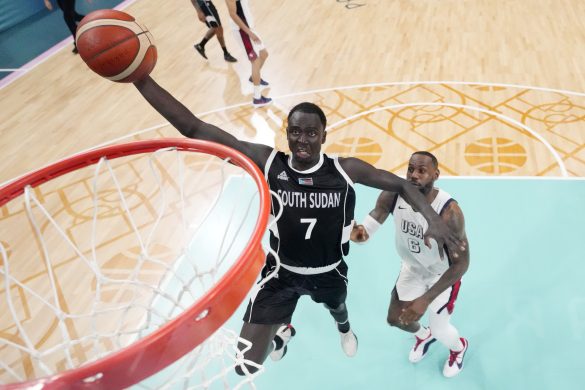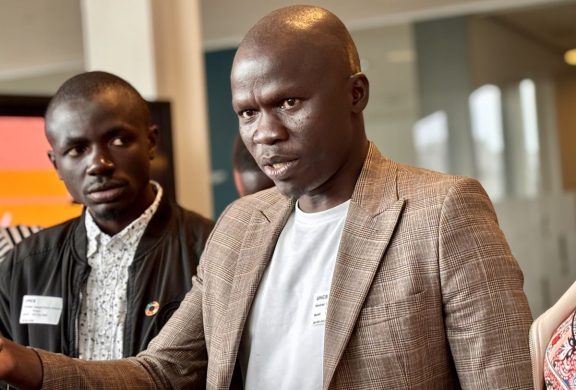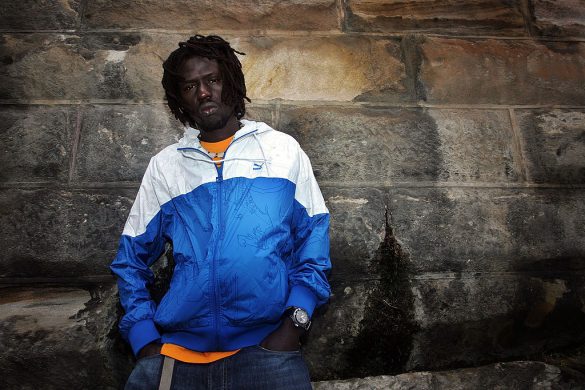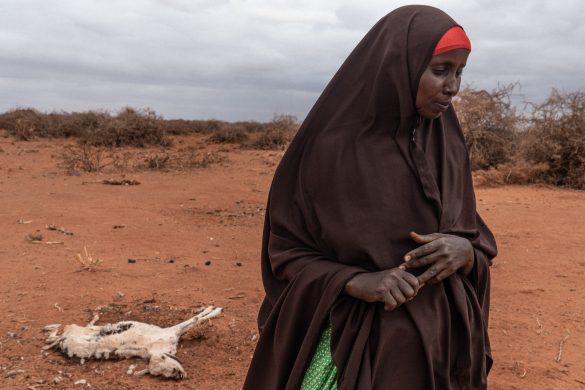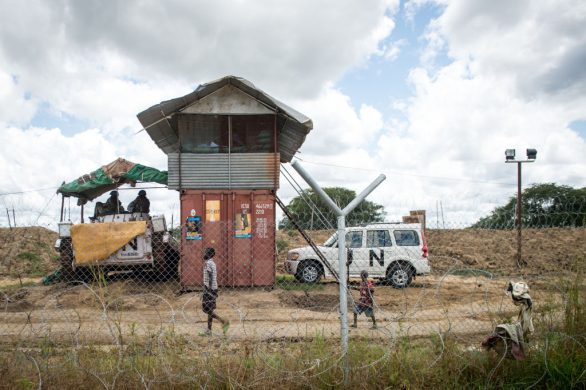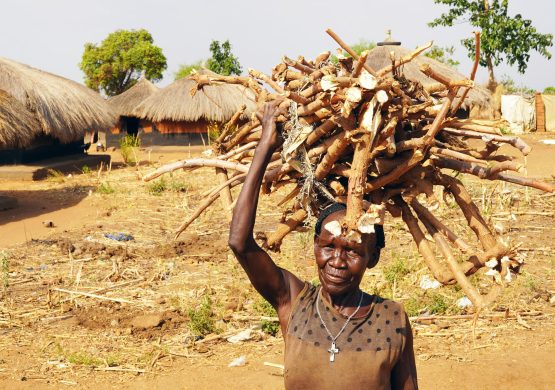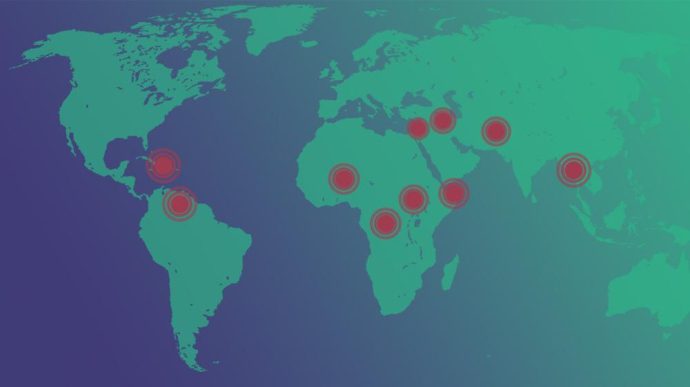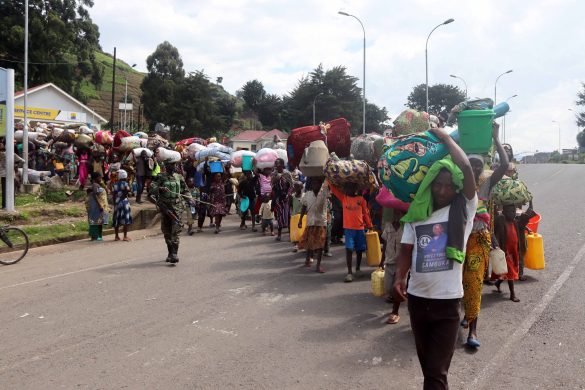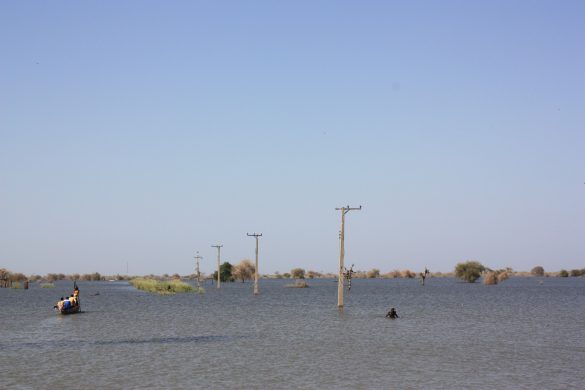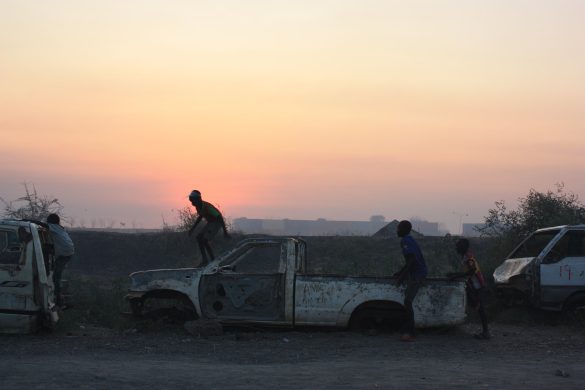JUBA, 20 February, 2018 (CARE): One year on from the declaration of famine in South Sudan, the food situation in the country has deteriorated further with more than 7 million people in urgent need of assistance, says leading humanitarian organization CARE International.
Since last year, the country has witnessed continued conflict, which has forced many South Sudanese to flee their homes, disrupting farming activities. It is projected that South Sudan will have a 482 000 metric tonnes deficit of estimated cereal needs in 2018.
In the past 12 months, CARE has distributed more than USD 13 million worth of food assistance to more than half a million people in Unity, Jonglei, Upper Nile and Eastern Equatoria. But much more needs to be done, as needs are staggeringly high.
Sulten breder sig
“We’ve seen the food security situation in South Sudan get worse every year, and every year agencies like CARE do their best to respond,” says CARE Country Director, Rosalind Crowther. “But the need keeps growing and we’re seeing more hunger in more places. We’re also seeing a significant increase in malnutrition among children in communities where CARE is working.”
“Our resources are stretched,” continues Crowther. “There’s an urgent need for donors and the humanitarian community to step up assistance so we can reach more people. If we don’t, the repercussions could be catastrophic.”
Since the conflict began in December 2013, more than 4 million South Sudanese have fled their homes. Nearly 90 per cent of the forcibly displaced are women and children and nearly 65 per cent are under 18. Over 2 million have sought refuge in neighboring countries but more than 1.9 million remain in South Sudan, living in host communities or Protection of Civilian (PoCs) sites.
Voldtægt som våben
The use of rape and sexual violence as a weapon of war by parties to the conflict has created untold trauma among the South Sudanese population. Many of those seeking refuge are women and girls, often targets of further gender-based violence as they make their arduous journeys.
“Women and girls are being forced to take the most drastic measures in order to survive,” says Crowther. “Women often risk rape in order to go to collect firewood or get food for their families.” “CARE is supporting affected women and girls, with information where they can go for legal and counselling assistance. We have also set up facilities where the women get medical and psychosocial support.”



